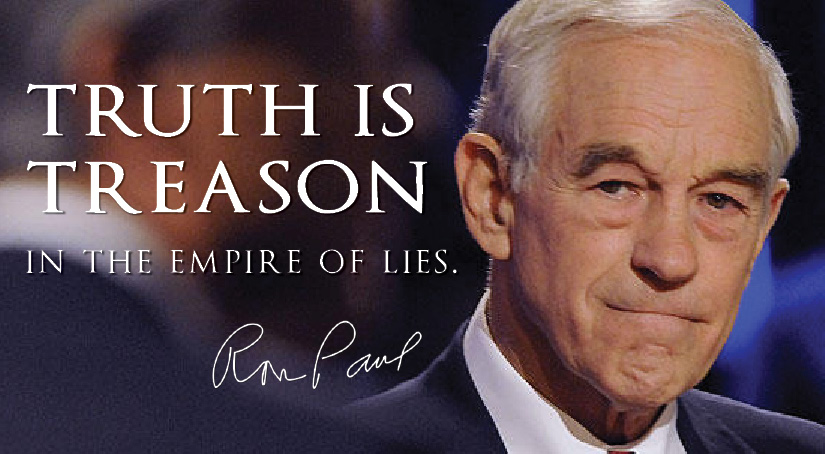Night Strike wrote:PLAYER57832 wrote:Night Strike wrote:PLAYER57832 wrote:I see, so according to you, Unions had nothing to do with any changes in workplace regulations? It all came about simply due to the free market?
Private sector unions are part of the free market. Workers felt that they were being treated poorly, so they joined together. There are reforms to union practices that need to be made (such as forced membership, payroll deductions, etc.), but that doesn't mean that they aren't part of the free market.
I see, so the fact that these workers, banding together demanded the changes you now rile against.. is irrelevant. The big guys now have all the money, can just look overseas for their labor and so its OK for them to just toss out the gains so hard fought by the unions.?
See, it really was a government by the people. Dropping that government doesn't put the people back in, it takes them out.
So the government has to change the law to reflect what unions have negotiated for? No. The government is there to enforce the agreements between the unions and the employers, not enact whatever the unions want.
If that were true, then none of those provisions would have become law. See, its not the unions per se that matter here, its the PEOPLE. And unions have worked because they are bands of people united into large enough groups that they can combat the huge power held by those at the top, when the issue is important enough to the populace. Unions are a symptom, not the cause.
You try to neatly sidestep that point by claiming that the government is "just reinforcing agreements". EXCEPT.. that is only true for specific clauses that involve specific contracts between the two. I refer to things that are far more wide spread, ranging from weekends becoming standard days off, holiday and sick pay, minimum wage and, yes, even providing healthcare through the employer (though DO note that the employers had a very hefty interest in keeping that system, up until about 15-20 years ago).
So, when you claim things like "the government doesn't have to reflect [what unions want], and so forth, you are really just saying the the government doesn't have to reflect the people desires. That is true when people fall asleep at the helm. And falling asleep, or rather convincing people that their rhetoric is somehow real, that the people at the top are these mananomous people who will do far more beneficial for society than anything past generations have demanded in the past (those poor people were, of course, stupid and greedy -- totally unlike those who now are wealthy and powerful).
Night Strike wrote:By the way, none of this is relevant as to why we should have perpetual welfare and bailouts of individuals and businesses.
Cute change... again. No one has defended the bailouts of businesses here, except you.
It IS relevant to why we have welfare. As I have noted before, having a bunch of starving people, particularly having kids who grow up malnurished and stunted does not do much for progress of a society.
The "bailouts".. depends on to what you refer. If you mean unemployment insurance and Social Security, then yes.. public pressure, IS very much part of why we have those things. If, however, you mean corporate welfare/extreme limits on real taxes (not talking the supposed tax rate that few businesses actually pay), then no. That happened because people have naively been willing to believe that a few extra bucks today will lead to some kind of better future for all... even if that money is patently stolen from the future.

















































































